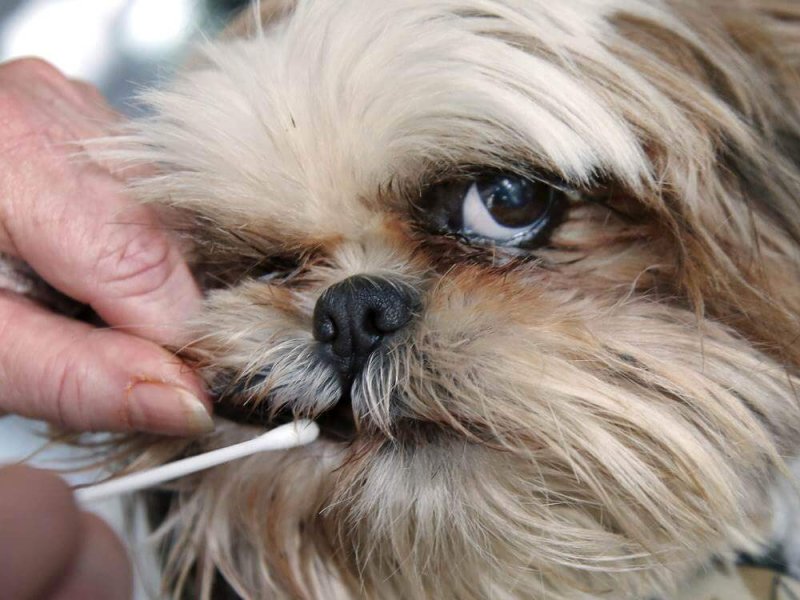The market for at-home DNA tests has exploded. Curious to find out about their ancestry, risk of disease, diet, and athletic potential, millions of people are hawking gobs of spit into test tubes and shipping them off to companies like AncestryDNA and 23andMe. But human DNA testing is not the only thing that’s trending. Increasingly, people are DNA testing their pets.
Now, why, you ask, would anyone want to DNA test their cat or dog?
For Mirja Bauer, it was about her dog’s health. When she adopted Bagel, she was told he was a Dalmatian mix. And Dalmatians tend to suffer from a host of genetic problems.
…
So she ordered a doggie DNA test from Embark, which offers a cheek-swab test that tells owners about their dog’s breed, health, and even traits like athletic performance.
Bagel, it turned out, was not a Dalmatian at all, but a mix of Boxer and Staffordshire bull terrier. The test gave her peace of mind.
…
As with any genetic endeavor, testing your pet’s DNA is a game of probability. Genetics is a science of comparison—you measure your dog or cat’s genes against other dog and cat genes to see how they relate. And as more dogs and cats go through the rigmarole of a DNA test, the results are sure to become more informative.
Read full, original post: I DNA Tested My Cat and She Was Not Happy About It































